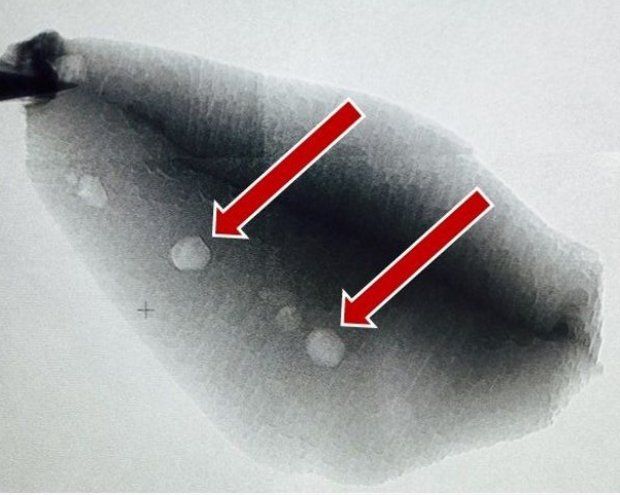In a new study published this Monday in the journal Proceedings of the National Academy of Sciences, researchers at the University of California - Los Angeles propose that it was 4.1 billion years ago that the very first life forms evolved on our planet.
When compared to Earth's age, estimated to be about 4.54 billion years, this is surprisingly soon. It's also around 300 million years earlier than previously assumed.
For some time now, it's been said that, in these first millennia of its existence, Earth was much like present-day Mars: a dry, barren and inhospitable place. As for the origin of life on our planet, the general view is it appeared around 3.8 billion years ago.
In their report, however, the University of California - Los Angeles research team argue that, according to evidence at hand, the first life forms likely appeared much sooner.
“Life on Earth may have started almost instantaneously,” explains specialist Mark Harrison. “With the right ingredients, life seems to form very quickly,” he further adds.
Documenting the origins of life on Earth
As part of their investigation, the scientists first browsed through well over 10,000 zircons created by molten rocks in Western Australia. When forming, these minerals capture and preserve whatever is near them. Hence, they act as time capsules of sorts.
79 of the zircons were then chosen for a closer analysis. In one of them, the research team discovered trace amounts of what they describe as pure carbon, i.e. graphite.
The University of California - Los Angeles researchers reveal that the profile of these ancient carbon samples they identified is such that it hints at the presence of photosynthetic life on young Earth, life dating back to at least 4.1 billion years ago.
“The carbon contained in the zircon has a characteristic signature - a specific ratio of carbon-12 to carbon-13 - that indicates the presence of photosynthetic life,” they say.
Interestingly, it's the zircon in which the carbon was found that is 4.1 billion years old. The carbon itself, however, appears to be much older, indicating that perhaps life appeared even earlier in our planet's early history, the team explain in their paper.

 14 DAY TRIAL //
14 DAY TRIAL // 

